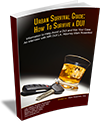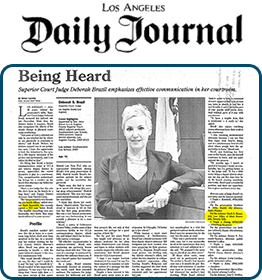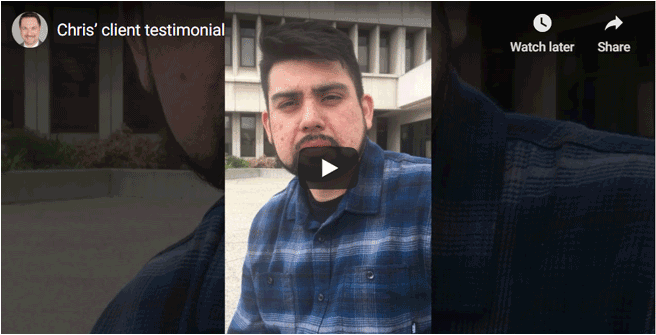DUI cases in California are misdemeanors; even on a first time offense, you’re looking at jail time up to six months, so we do have a right to jury trial. You could waive your right to a jury trial on a DUI, but I would advise against it. Most DUI cases that go to trial do go to a jury. There are 12 jurors and a verdict must be unanimous.
What Do You Advise Clients That Are Reluctant to Go to Trial in a DUI Case?
Many DUI cases do need to be tried for whatever reason and it’s important that the case be tried in a professional and ethical manner, featuring a good defense put on. Most judges will appreciate that and they also realize that some cases do need to be tried and they actually look forward to seeing good attorneys do battle in their courtroom.
In my opinion, it is important to avoid having your client testify most, if not all, of the time because, if things don’t go your way, that factor can weigh heavily on potential sentencing. However, defending a case through cross-examination and expert witness testimony can be done professionally and it can minimize any potential exposure if the worst happens and someone is convicted.
What Types of Witnesses Would Be Utilized in a DUI Case?
In a typical DUI case, you’ll have certain witnesses that you can expect will show up, such as the investigating officer and, if a breath test was given by a different officer, they will also testify, as will another officer or expert to talk about the breath or blood testing equipment. There may be other officers who observed what happened, or civilian witnesses may come to court to testify as well. On the defense side, the defense can call an expert and their own lay witnesses or percipient witnesses to talk about what they saw and, while I try not to, as I said, it’s always an option to have the defendant testify as well.
In the Event of a Conviction, Who Decides Sentencing?
If you go to trial and you are convicted, we lose control over the exact penalties; the prosecution and the defense can both give input to the judge on what the sentence should be, but ultimately the judge who presided over the trial will pass sentence within the minimum and maximum penalties.
For more information on Hearing DUI Trials, a free initial consultation is your next best step. Get the information and legal answers you’re seeking by calling (310) 424-3145 today.






 Personal Attention
Personal Attention Every criminal case is unique and no attorney can guarantee the outcome of a case. The information on this site is legal advertising and for general information only. Using this site, requesting books, information, consultations or communicating with Attorney Rosenfeld through its site does not form an attorney/client relationship.
Every criminal case is unique and no attorney can guarantee the outcome of a case. The information on this site is legal advertising and for general information only. Using this site, requesting books, information, consultations or communicating with Attorney Rosenfeld through its site does not form an attorney/client relationship.








